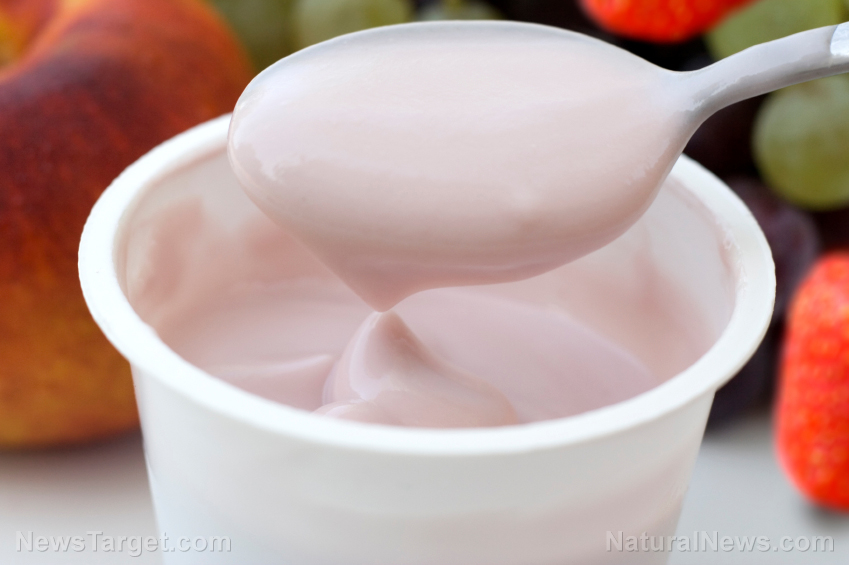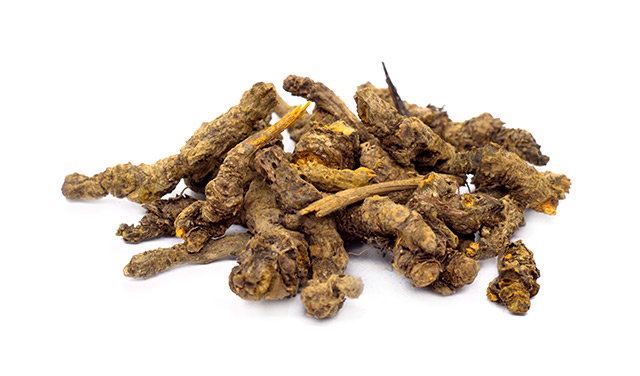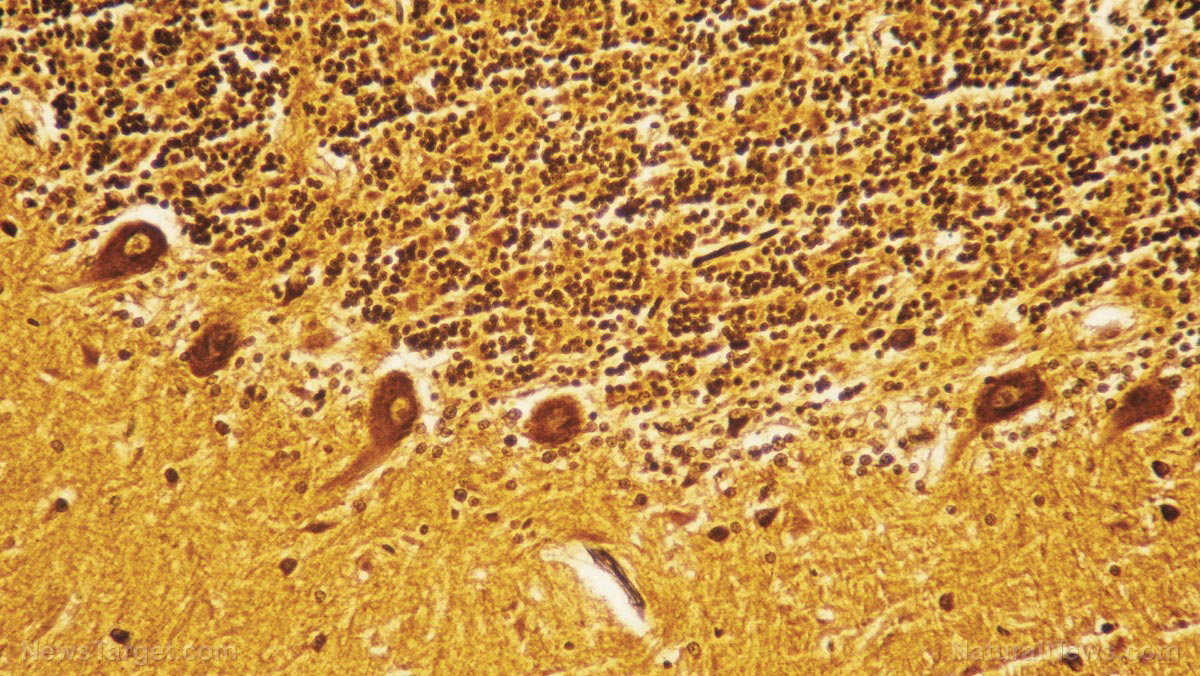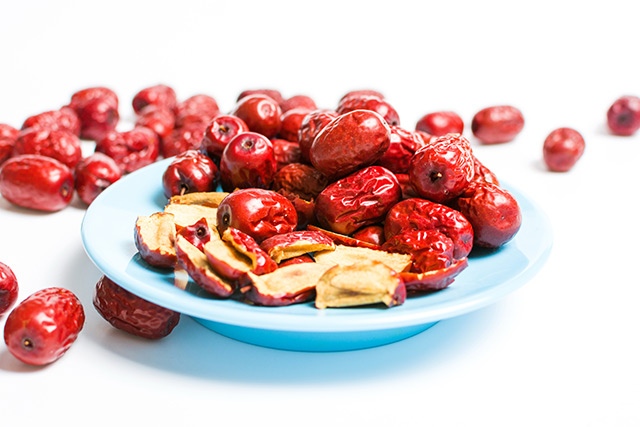Breakthrough science study confirms that probiotics can improve depression symptoms
09/29/2017 / By Bridgette Wilcox

Probiotics have a reputation for being a boon to gut health, but it may also have unexpected positive effects on mental health, according to new research. A study published in the medical journal Gastroenterology suggested that probiotics may be helpful in improving symptoms in patients with depression, ScienceDaily.com reported.
For the study, researchers focused on 44 adults who had Irritable Bowel Syndrome (IBS) and co-existing anxiety or depression of mild or moderate severity. The participants were observed for a period of 10 weeks, during which half took a daily dose of the probiotic Bifidobacterium longum NCC3001, and half were given a placebo. At the six-week mark, 64 percent of participants taking the probiotic exhibited lower depression scores, compared to 32 percent of participants given the placebo. Results from a Functional Magnetic Resonance Imaging (fMRI) analysis showed that improved depression symptoms could be associated to changes in several areas of the brain that are involved in controlling mood.
The study strengthened the link between the gut and the brain, providing evidence that intestinal microbiota is in direct communication with the brain.
“This study shows that consumption of a specific probiotic can improve both gut symptoms and psychological issues in IBS. This opens new avenues not only for the treatment of patients with functional bowel disorders but also for patients with primary psychiatric diseases,” said Dr. Premyl Bercik, the study’s senior author and associate professor of medicine at McMaster University.
IBS is the most common gastrointestinal disorder in the world, affecting the large intestine and causing abdominal pain and extreme bowel movements such as diarrhea and constipation. The condition has been connected to anxiety and depression, with the psychiatric disorders being found in 50 to 90 percent of those who seek treatment for IBS, according to the Anxiety and Depression Association of America.
“People with IBS frequently suffer from anxiety and depression, which can worsen symptoms. That’s because the colon is in part controlled by the nervous system, which responds to stress. Evidence also suggests that the immune system, also responding to stress, plays a role. IBS can also make you feel more anxious and depressed,” the association said.
The health benefits of probiotics
Apart from treating gastrointestinal issues that lead to the improvement of mental health, probiotics are full of health benefits, making it a sensible choice to incorporate in your daily diet. For women, probiotics can promote vaginal health, maintaining the balance in vaginal flora by making the environment too acidic for harmful microorganisms to survive, according to Health.Harvard,edu. This is especially helpful for women who experience common female problems such as bacterial vaginosis and yeast infection. It can also help improve urinary tract infections in both men and women, by maintaining health bacteria within the urinary tract.
In addition, research has also suggested that probiotics can help ease allergies, FoodMatters.com said. Specifically, women with seasonal allergies were given probiotics during their pregnancy. Their babies were also given probiotics in-vitro. The results saw a 30 percent decrease in the instance of childhood eczema in their babies.
Immunity also stands to get a boost from probiotics — foods rich in probiotics have been found to stimulate the production of lymphocytes, which indicate a healthy immune response. The best part about probiotics is that it’s easy to incorporate into one’s diet. Fermented foods such as plain yogurt, kefir, sauerkraut, miso, pickles, tempeh, kimchi, and kombucha are easily found and are delicious, too.
Get more updates on HealingArts.news.
Sources include:
Tagged Under: brain health, depression, fermented foods, gut health, health benefits, immunity, mental health, natural cures, natural remedies, probiotics, women health




















